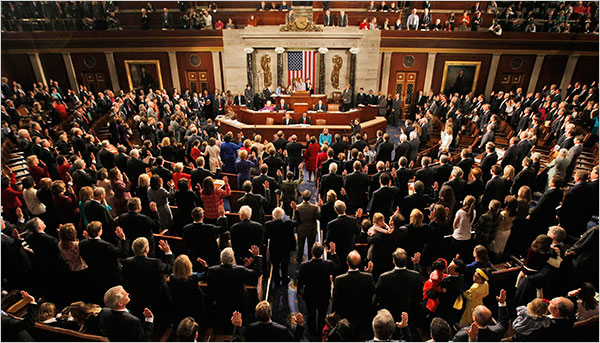Bringing Facial Recognition Software Into The Classroom

What’s the Latest Development?
By recording students’ faces while they were using a computer coding tutorial, researchers at North Carolina State University were able to determine, with the help of facial recognition software, which ones were having trouble with the material, as well as which ones found it too easy. They analyzed 60 hours of footage with the Computer Expression Recognition Toolbox — a software package developed at the University of California-San Diego — and then compared the analysis with students’ stated feelings about the material. The results showed close matches between the two. The team will present their research later this week at the Sixth International Conference on Educational Data Mining.
What’s the Big Idea?
The study is one of the latest contributions to the growing research field of affective computing, which involves technology that can recognize and respond to a wide range of human emotions. When it comes to education, such systems can be useful inside of an actual classroom — where a teacher may not always pick up on every student’s ease or struggle with the material — as well as with massively open online courses (MOOCs) involving thousands of students from all over the world.
Photo Credit: Shutterstock.com
Read it at MIT Technology Review




